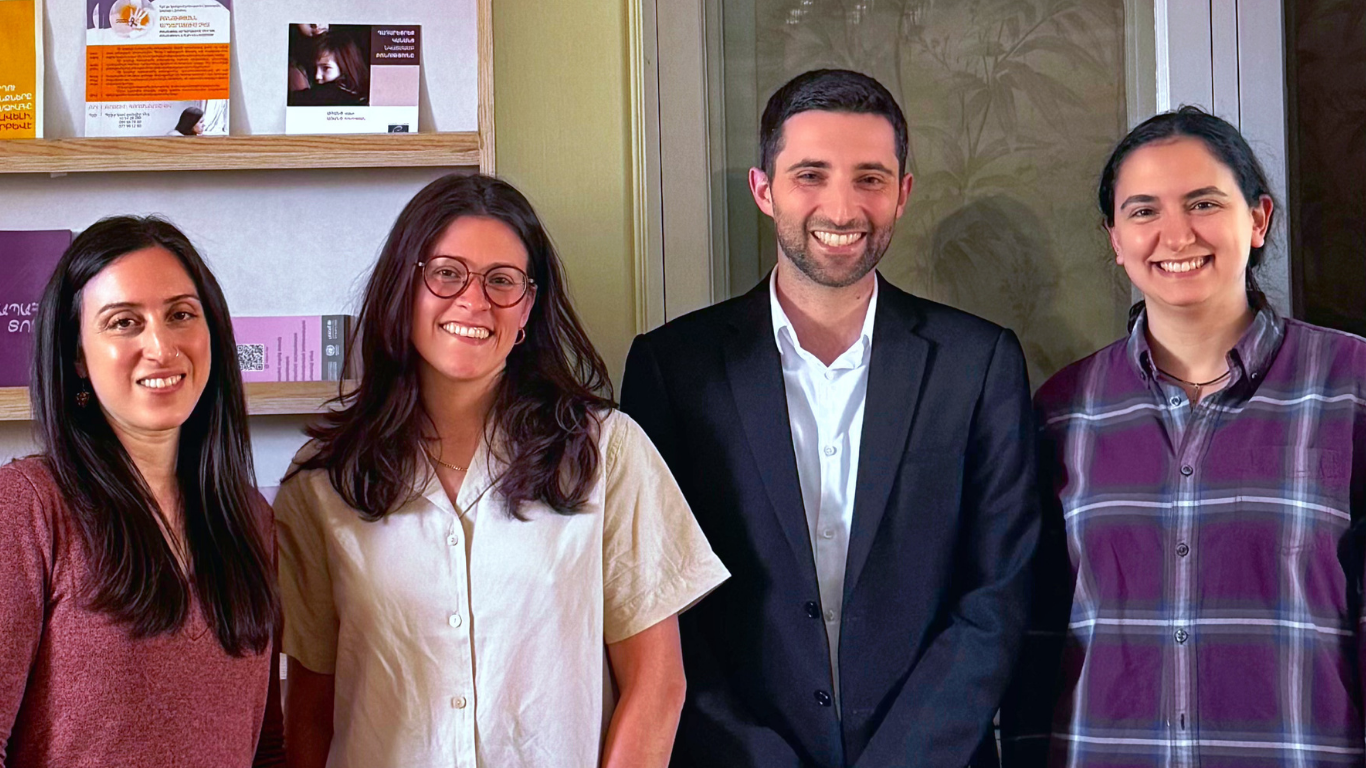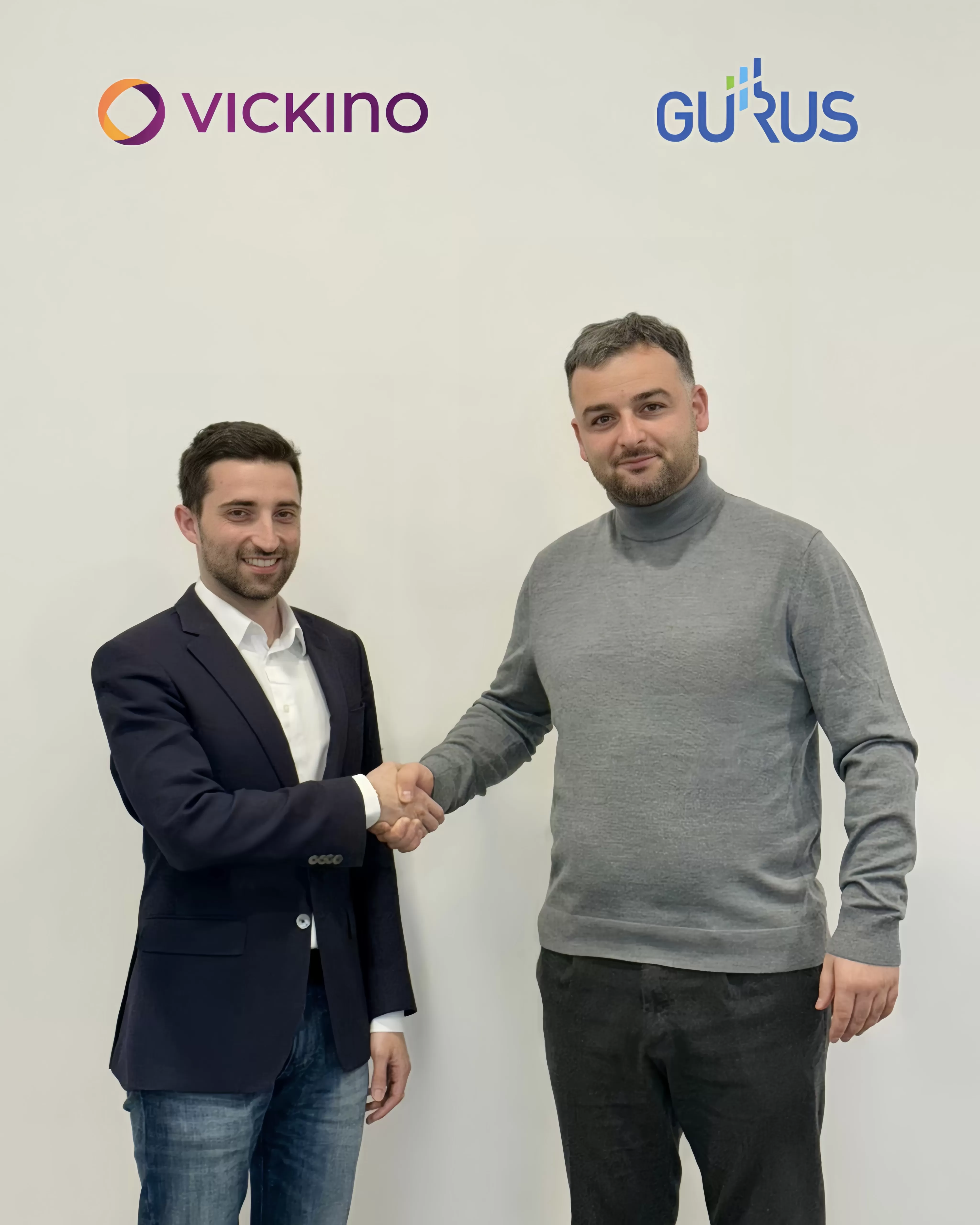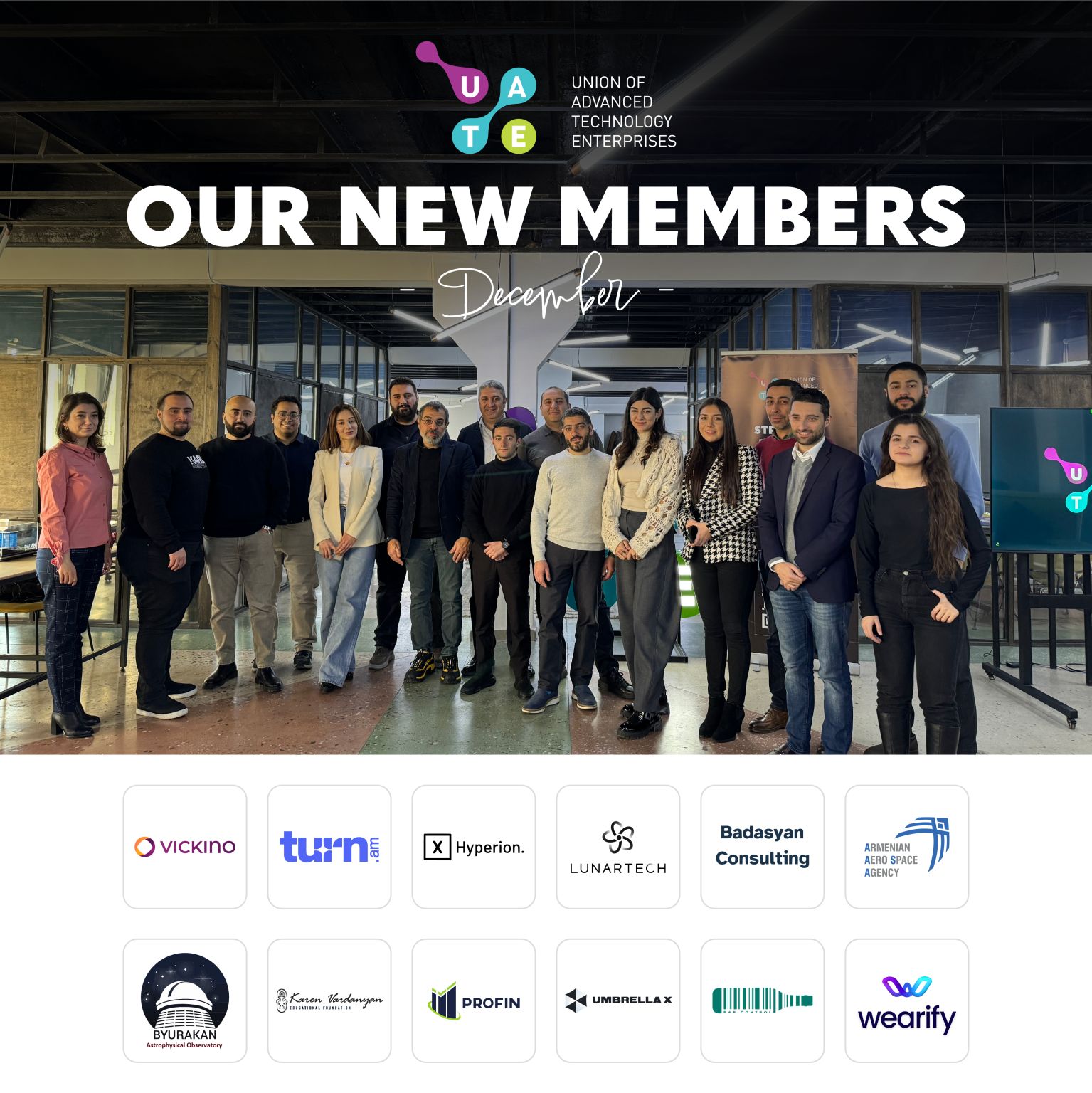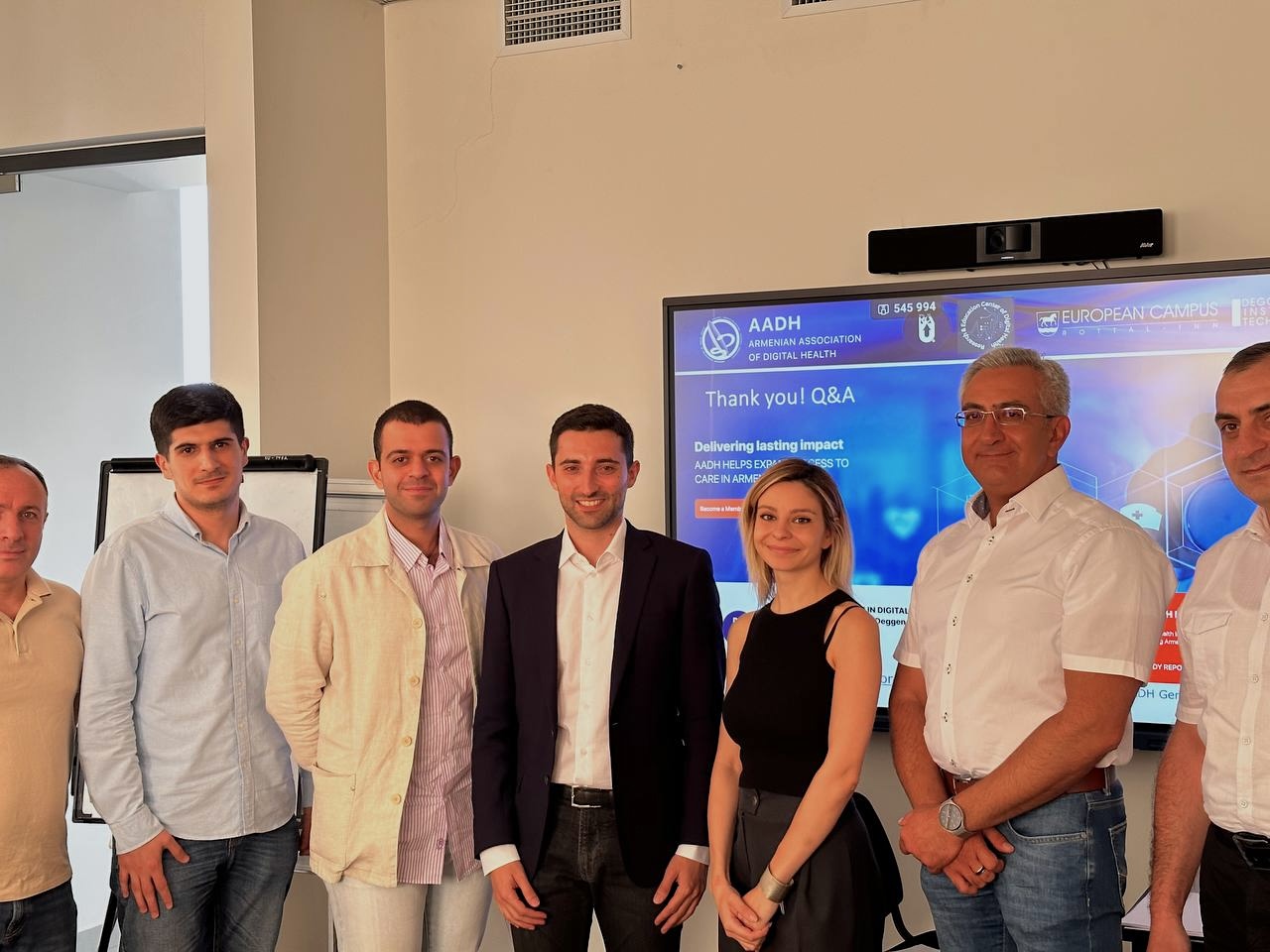At Vickino, we’re proud to support data-driven impactful projects that address urgent public health challenges in Armenia. We recently wrapped up a pivotal collaboration with Médecins du Monde Armenia (MdM), conducting a comprehensive national landscape analysis focused on Sexual and Reproductive Health (SRH) and Gender-Based Violence (GBV) in Armenia.
As Armenia continues its health system modernization journey, SRH and GBV remain critical, yet under-addressed, components of the national health agenda. Our research aimed to map current gaps, identify systemic barriers, and recommend evidence-based solutions that can guide public health policy, NGO interventions, and donor funding.
Key Findings: SRH & GBV Challenges in Armenia
The analysis revealed significant structural and social barriers to equitable and quality SRH and GBV services in Armenia. Three major gaps emerged.
Critically low SRH literacy
SRH and GBV awareness in Armenia is alarmingly low, particularly in rural and underserved areas. Cultural stigma, misinformation, and lack of educational outreach continue to hinder individuals, especially women and youth from accessing essential care and making informed decisions about their health.
Outdated Training Among Healthcare Providers
Frontline healthcare professionals often lack the tools, training, and sensitivity required to address GBV and SRH-related issues. Without up-to-date medical guidelines and ongoing education, many providers are unable to deliver care that is trauma-informed, inclusive, and rights-based.
Policy Gaps and Poor Service Coordination
Armenia currently lacks a national SRH policy framework, resulting in fragmented services and inconsistent standards across the healthcare system. Moreover, monitoring and evaluation mechanisms for GBV and SRH service delivery are weak or absent, limiting progress tracking and accountability.
Strategic Recommendations for a Healthier Armenia
To close these gaps, our report recommends a multi-level approach combining education, capacity-building, and system-wide advocacy:
Nationwide Health Literacy Campaigns: Launch targeted SRH and GBV awareness initiatives to reduce stigma and empower individuals with knowledge. Schools, local media, and community centers should be key drivers.
Training & Upskilling for Healthcare Workers: Develop and deliver evidence-based training modules for doctors, nurses, and frontline workers, with an emphasis on GBV screening, contraceptive counseling, and trauma-informed care.
Policy Advocacy and Funding Mobilization: Push for the development of a comprehensive national SRH policy and increase resource allocation for GBV prevention and response. International organizations and donors play a crucial role here.
Affordable, Accessible, and Inclusive Care: Strengthen service delivery in remote and low-income communities, ensuring everyone regardless of gender, age, or location can access respectful and confidential care.
A Call to Action for Health Innovation in Armenia
This project is more than a report, it’s a roadmap. It highlights real opportunities for NGOs, healthcare startups, policymakers, and global health partners to act as catalysts in improving sexual and reproductive health services and gender-based violence prevention in Armenia.
As a health innovation company, Vickino is committed to closing health equity gaps through data, innovation, and collaboration. We believe digital tools, AI-powered diagnostics, and smarter healthcare delivery models can play a central role in supporting underserved populations especially in sensitive areas like SRH and GBV.
Join Us in Creating a Healthier Future
Addressing SRH and GBV in Armenia requires coordinated action, informed strategies, and a shared commitment to equity and human rights. We’re grateful to Médecins du Monde Armenia and all the stakeholders who contributed to this landmark study. We thank for their active participation the Ministry of Health of Armenia (MOH), the State Health Agency (SHA), the National Center for Diseases Control (NCDC), the National Institute of Health (NIH), the National Center for Infectious Diseases (NCID), UNFPA and the Women’s Support Center.
We are also grateful as well to our expert team that contributed to this project. Our team included Ani Jilozian, Araz Chiloyan, Dr Anna Sargsyan, and Araz Majnoonian. MDM team included Patricia Khorshidian, Zepiur Shahrozian and Caroline Ferrand-Dehaes.
If you want to access the full report please contact us.







